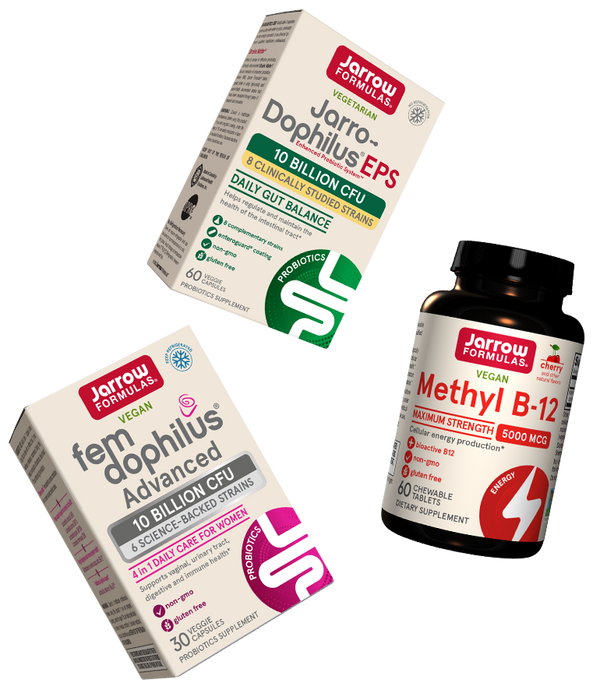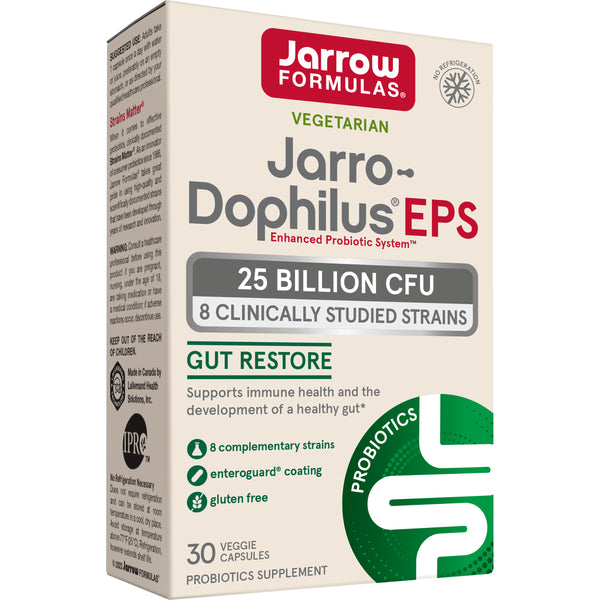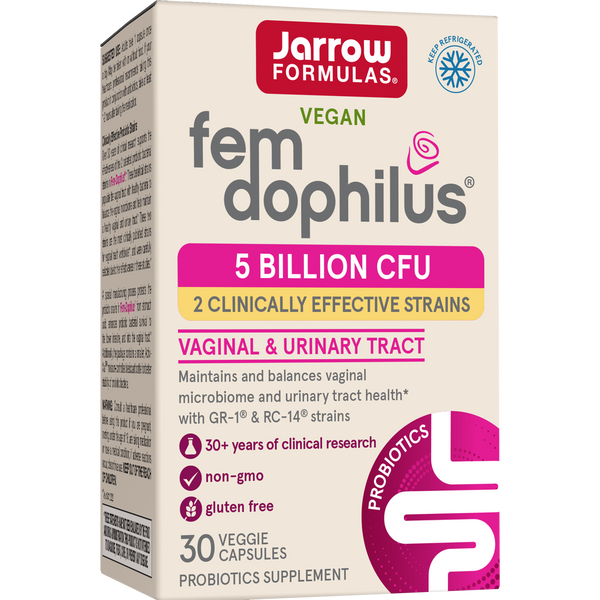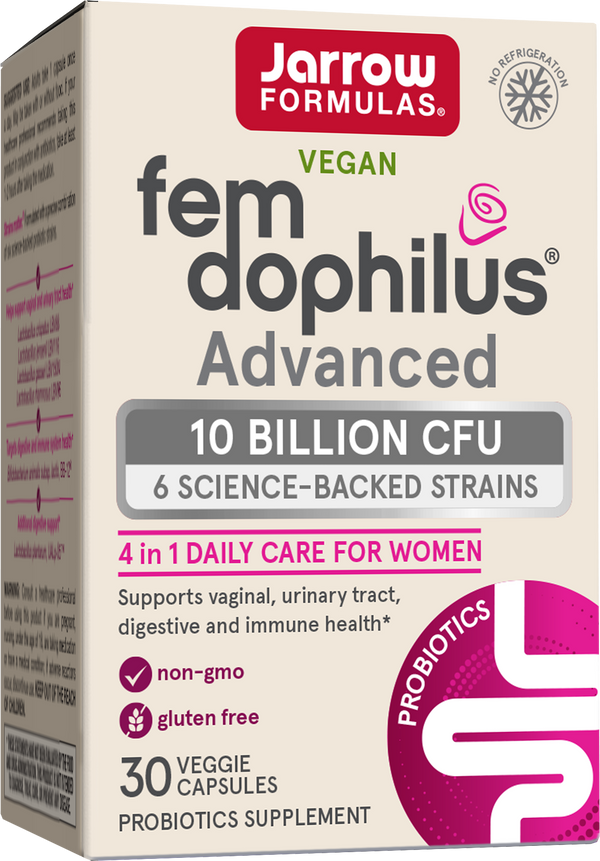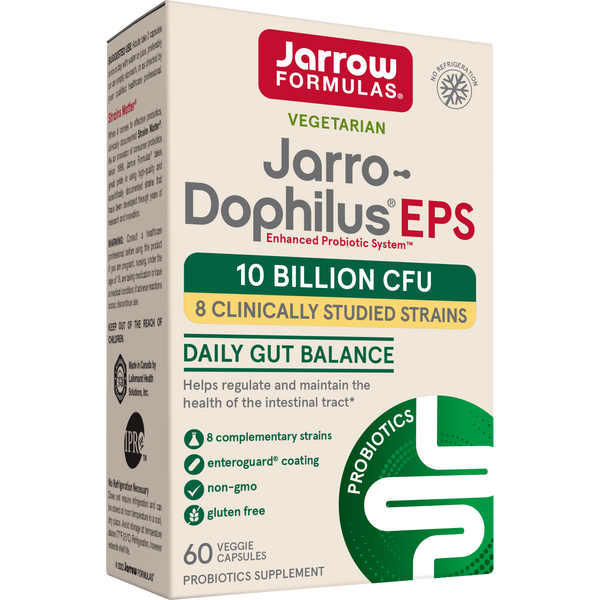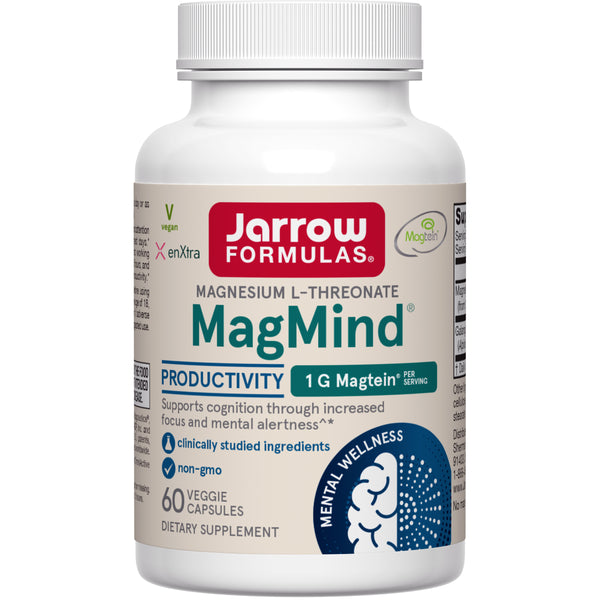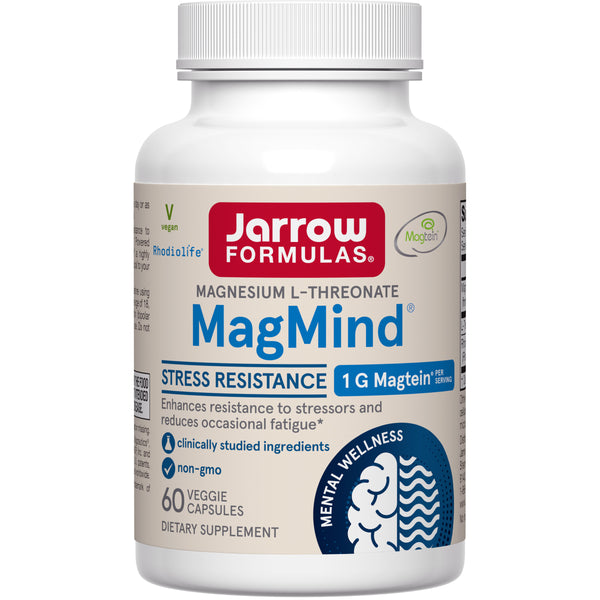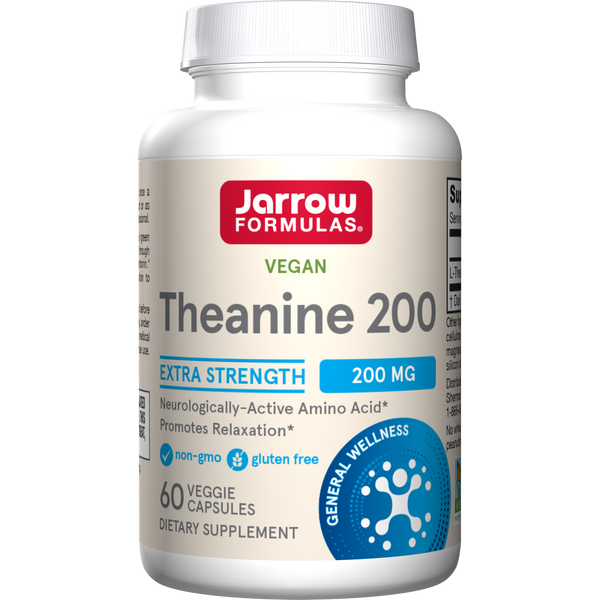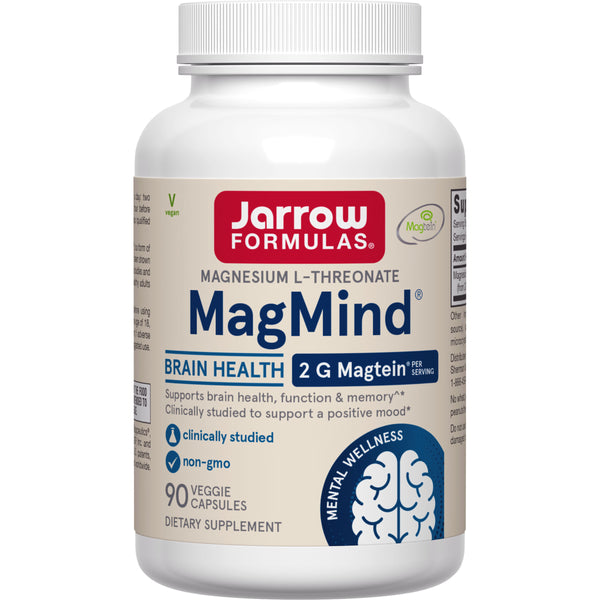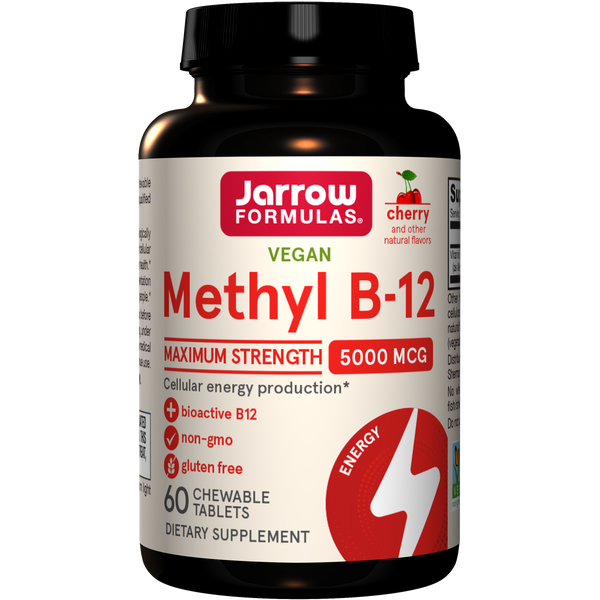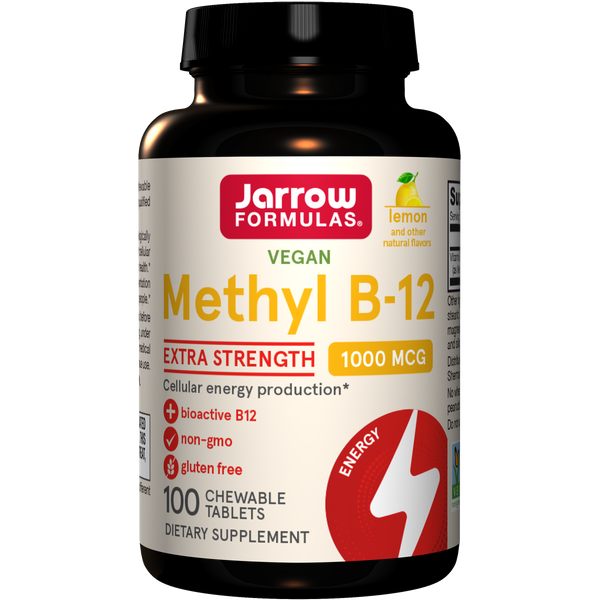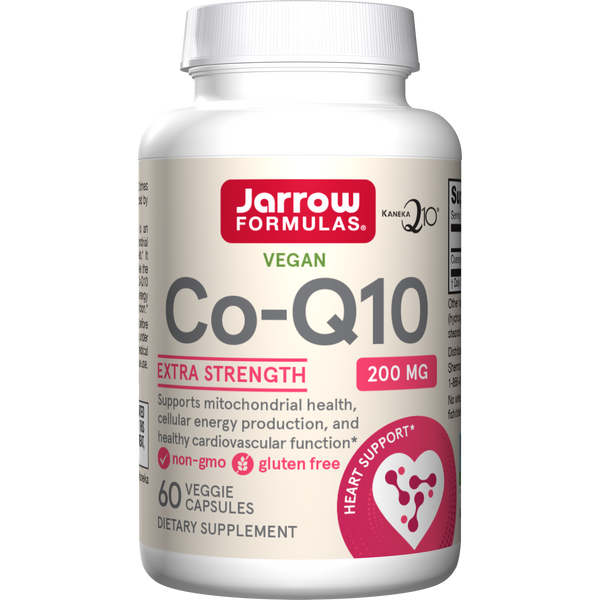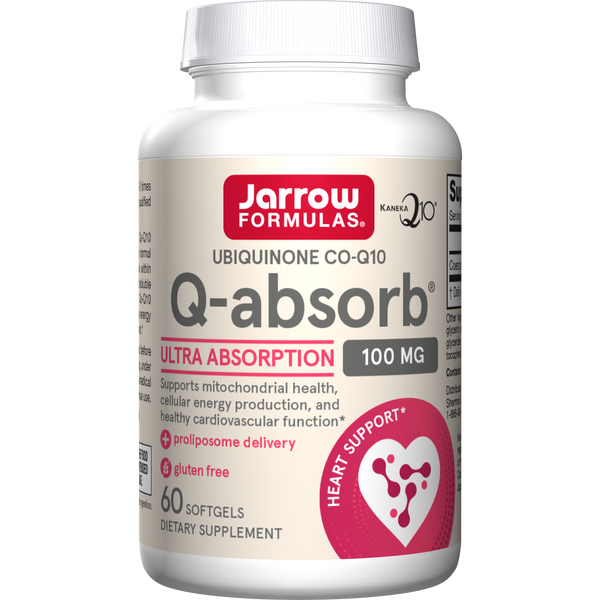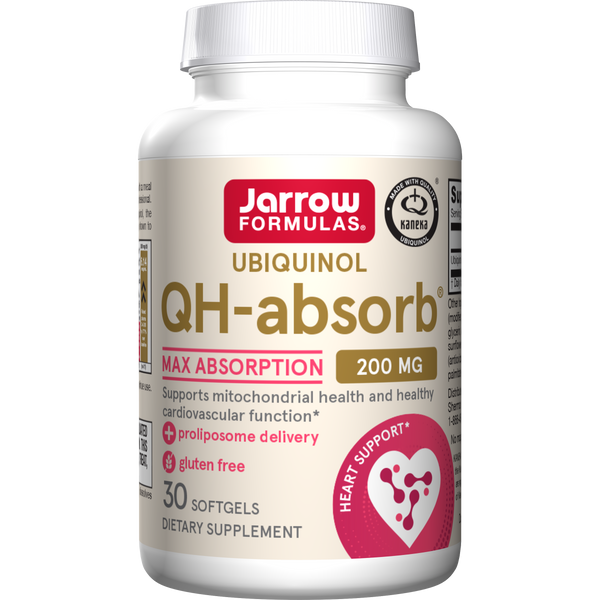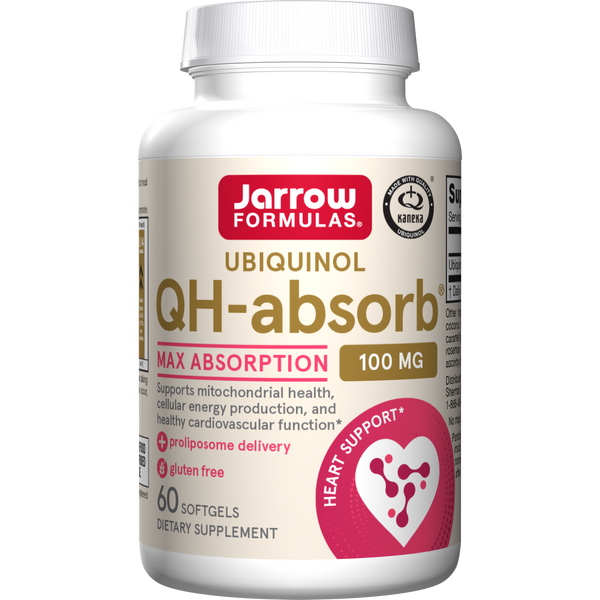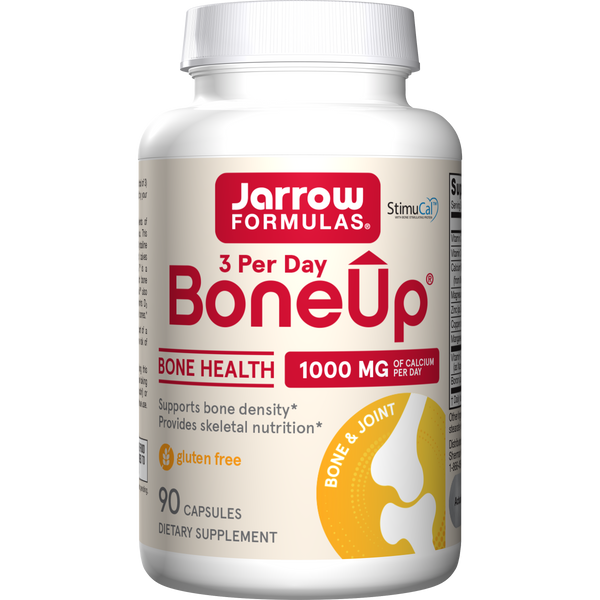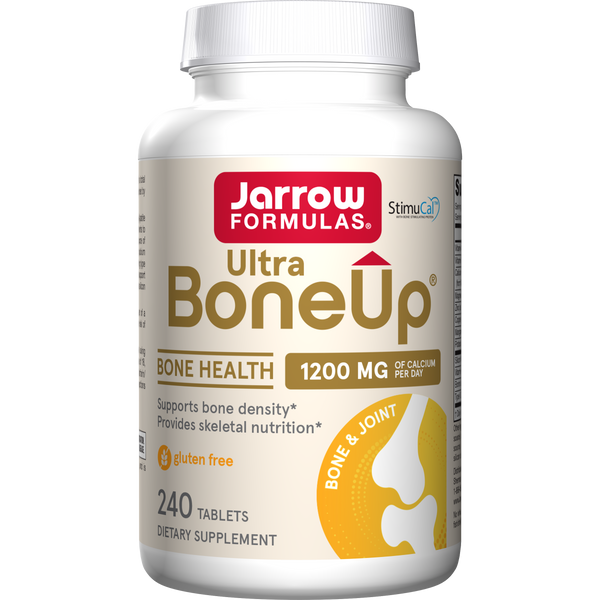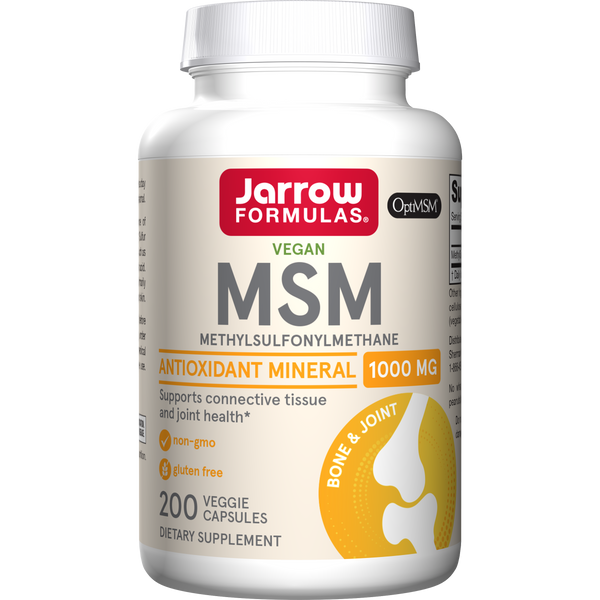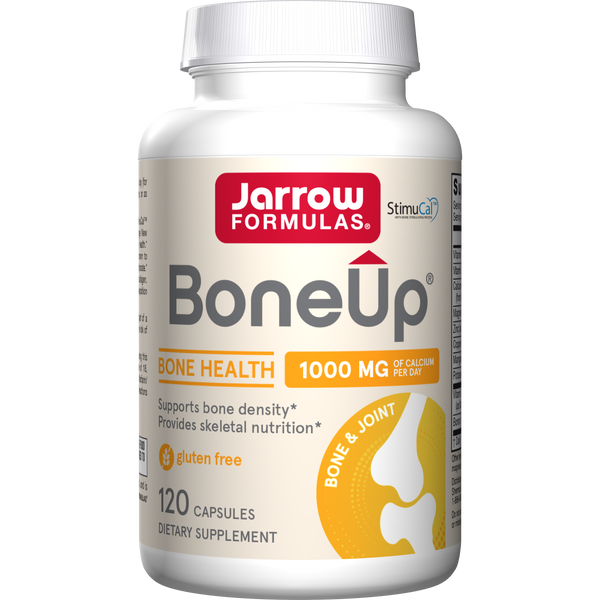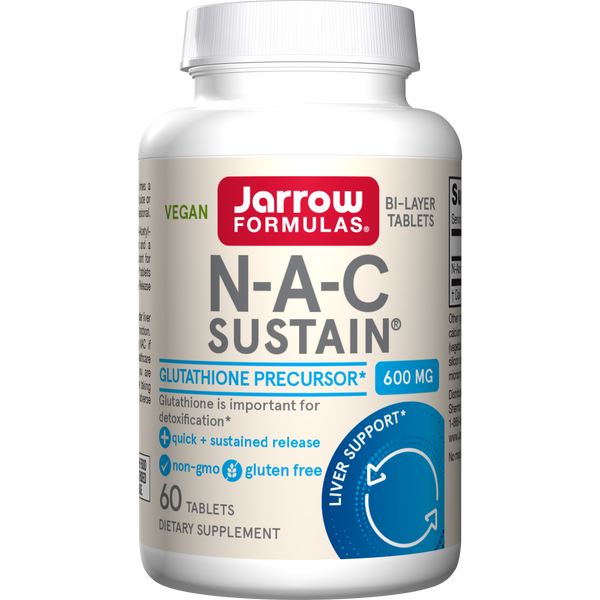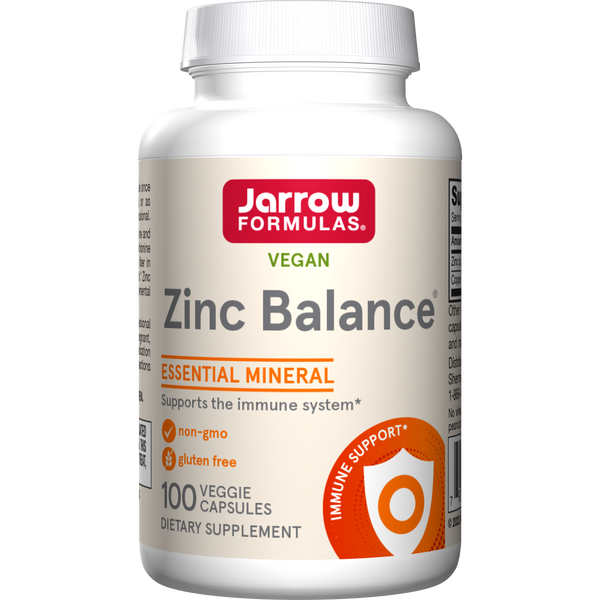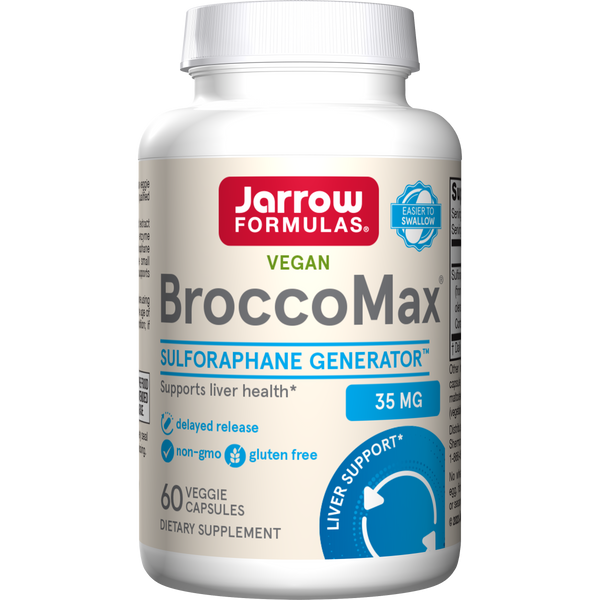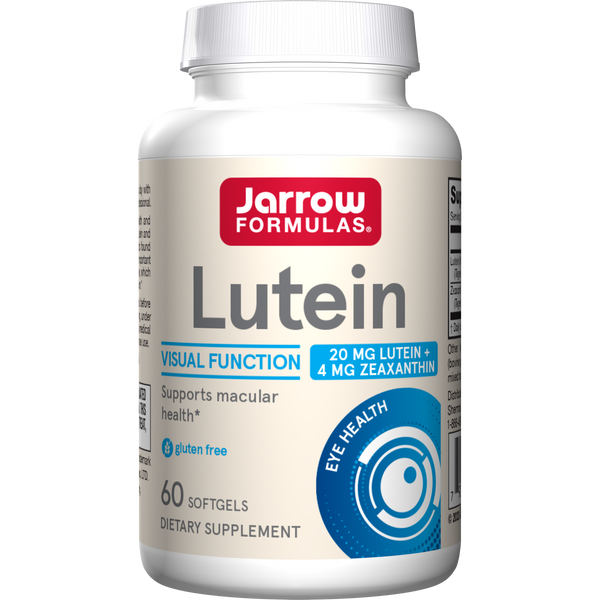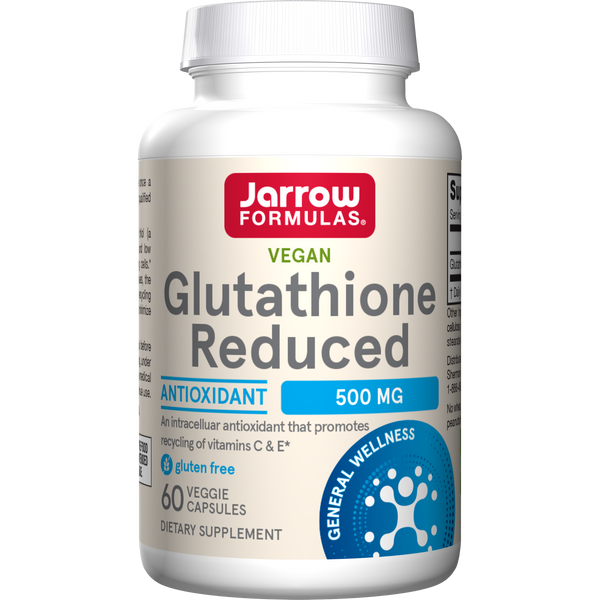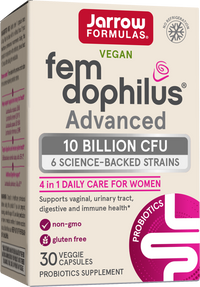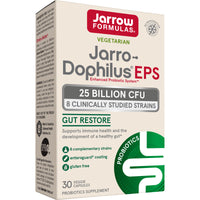Prebiotic Fiber Inulin Promotes Satiety
by Silvano Arnoldo
Gut microbes, body weight, and fiber intake
The gut microbiota is now viewed as an important contributing factor in maintaining normal human physiology. One physiological consequence of a change in the gut microbiota is an increase in body weight of the human host of these bacteria and other microorganisms.
The gut microbiota of overweight individuals has been found to have an unhealthy balance in the intestinal microbial ecosystem of the activity, number and percentages of different classes and species of bacteria. The idea of applying supplementation with a prebiotic fiber, such as inulin, is based on the concept that prebiotics influence the composition and activity of the gut microbiota by providing fuel for these microbes. By favoring certain microbial populations, fiber may provide a more balanced microbiota, and in this way, provide some health benefits.
Research on fiber use in overweight children
Prior research studies suggest that prebiotic fiber, such as inulin, helps overweight adults with satiety (feeling full and satisfied) and thereby helps with weight loss. Another prebiotic fiber, FructoOligoSaccharide (FOS), has also been used in several studies. Therefore, a recently published Canadian study1 described below examined the effects of supplementation of the prebiotic fiber inulin and FOS on appetite control and food intake in overweight children.
38 children, aged 7-12 years, completed this 16 week study. The children were randomly assigned either 8 grams of FOS-enriched inulin or 8 grams of calorie-matching maltodextrin (placebo) to consume once daily 15-30 minutes before dinner. There were no other required dietary changes or lifestyle changes. The caretakers recorded their child’s food intake, appetite and eating behaviors. Serum samples also were taken and analyzed to determine the levels of gut hormones associated with appetite control.
Inulin-FOS study group were more satisfied and ate less
These researchers observed that prebiotic consumption of inulin-FOS resulted in greater feelings of fullness, particularly in those children aged 11-12 years. The gut hormone ghrelin, which is involved in regulating appetite by helping with feeling full or satisfied, increased significantly by the end of the study at 16 weeks in the inulin-FOS consuming group. A corresponding significant decrease in food consumption was found in the inulin-FOS group.
How does this fiber work?
How can a prebiotic fiber produce such hormonal and physiological effects? The fermentation by the microbiota in the gut of prebiotic fiber, such as inulin-FOS, results in the production of short-chain fatty acids, such as acetate, propionate and butyrate. Short-chain fatty acids presumably stimulate feeling full or satisfied through hormones such as ghrelin. Circulating short-chain fatty acids might also act directly on the central nervous system to influence appetite control and in this way help support weight loss, although this study did not study this direct neurological mechanism.
Inulin-FOS, by Jarrow Formulas, is formulated from the same product used in the above study, Orafti® Synergy1. Each scoop of Jarrow’s Inulin-FOS contains 3 grams of Inulin-FOS. Inulin and FOS are soluble prebiotic fibers that support normal intestinal health through the actions of normal gut flora.* Children under the age of 18 should consult their healthcare professional before using this product, as should any person taking this product that has a medical condition, are pregnant, lactating, trying to conceive, or taking medications.
*These statements have not been evaluated by the Food and Drug Administration. This product is not intended to diagnose, treat, cure or prevent any disease.
Source:
- Hume M.P., Nicolucci A.C., Reimer R.A. American Journal of Clinical Nutrition, April 2017, 105, 780-799
